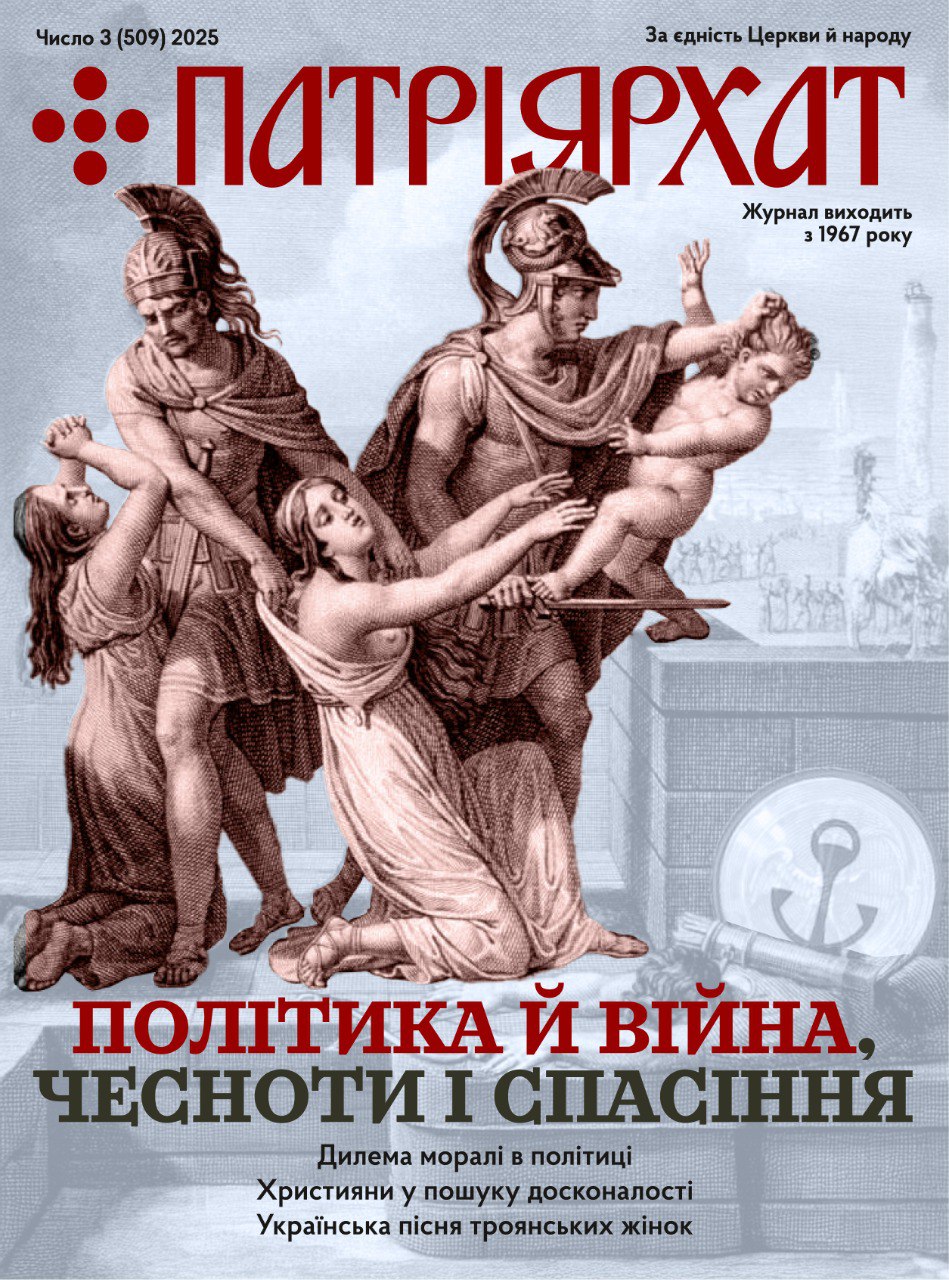His haggard face gave vivid evidence that he had been harshly treated. But even then a shocked world could hardly imagine what had been done to make so proud and stubborn a man as Jozsef Cardinal Mindszenty, Primate of Hungary, stand in the dock and drone out a confession to patently false charges of treason and conspiracy. Only when he published his Memoirs late last year did he provide a full account of how Communist police had broken his spirit. For five weeks he was harangued, stripped naked, kept forcibly awake, drugged and thrashed endlessly with a rubber truncheon until “without knowing what had happened to me, I had become a different person.”
Days Endured. Mindszenty, who had spoken out against the Communists as early as 1919 (and who had also been imprisoned by the Nazis) received a life sentence at that 1949 trial. Except for a few days of liberty during the 1956 freedom fighters’ uprising, he was to spend the next 22 years either in prison cells, under house arrest, or in asylum in the U. S. embassy in Budapest. Many of those thousands of days were endured with little or no contact with other human beings.
The most poignant chapter of Mindszenty’s life began when he was finally freed in 1971. The cardinal had long refused to leave Hungary unless government exonerated him of all charges. It was only at the insistence of Pope Paul VI and the urging of President Nixon, who both wanted to improve East-West relations, that Mindszenty agreed to go. Even then, according to his own account, he refused to accept a church document specifying that he would make no statements to disturb detente.
When Mindszenty began criticizing conditions in Hungary, a papal nuncio reminded him of a Vatican promise to the Communists that the cardinal would accept the Pope’s guidance and not disrupt church relations with the Hungarian regime — a condition to which Mindszenty said he never agreed. Mindszenty told the Vatican that “I shrank from the thought of having to keep silent in the free world.” As a result — on the 25th anniversary of the day Mindszenty’s trial ended — Pope Paul stripped him of his episcopal office. To Mindszenty, it meant “complete and total exile”.
A farmer’s son Mindszenty had always been stubborn, and Pope Pius XII may have been relying on that quality in 1945 when he made Mindszenty the highest-ranking bishop in a nation on the brink of a Communist takeover. Weeks later, Mindszenty and his bishops issued a preelection pastoral letter urging Christians to vote against parties that used “violence and oppression.” The Communists drew a dismal 17% of the vote, and when he persisted in opposition while they consolidated their power, the cardinal’s fate was certain.
Last week, when Mindszenty died in Vienna at 83, Pope Paul said of the man he had dismissed: “He was and certainly will continue to be a contradictory figure, the object of veneration and of violent attacks.”

